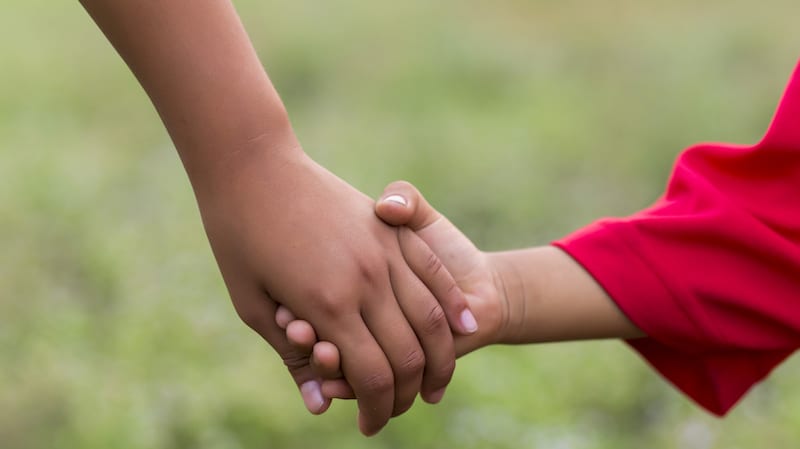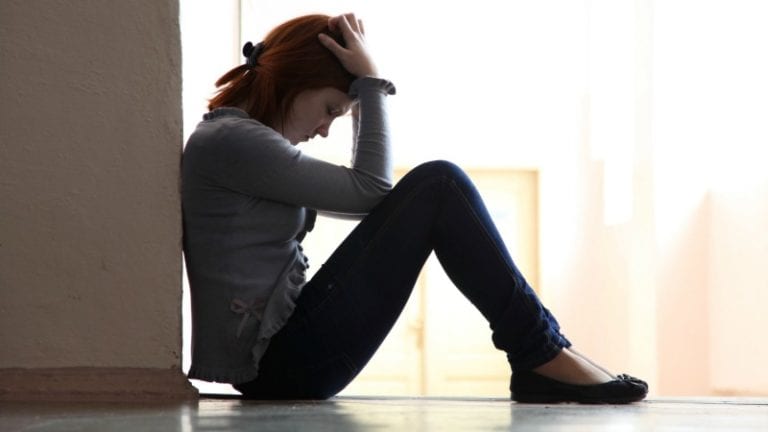I am a school social worker, otherwise known as the “Teacher of Kindness” according to my elementary school students.
Before the Sandy Hook tragedy, I would say I lived in a bubble of kindness. I always tried to lead with kindness and a smile. I would enter classrooms and do my social emotional lesson with the students, which made me feel good, hoping they had a positive takeaway. Meeting with students, my words were positive and my presence, I believe, to be comforting.
On Dec. 14, 2012, my kindness bubble popped, exploded actually. Living in Sandy Hook as a mom and working as a school social worker in an elementary school two towns over, I can tell you the rainbow went away and the dark clouds took over.
How did this happen? What do I say to the children (my own and my students)? How do I tell them the world is still good, people are good? How do I tell them that it’s going to be okay? That school is safe? How do I do this? The questions in my head went on for quite some time and I’ll admit many are still not answered today.
A random act of violence stole 26 precious lives from their families and stopped future memories in their tracks on that day. The world wept along side this little town in Connecticut. Despite people knowing they could not change what happened, the violence that occurred, the lives lost, the little (and big) ones suffering from trauma, they wanted this little town to know that they were on our side. I know this to be true because I witnessed what occurred quickly after.
That random act of violence inspired an abundance of random acts of kindness from all over the world. Random acts of kindness that gave smiles to folks who did not know if and how they’d ever smile again. But they did because kindness gives hope.
There it was. An answer to a few of my questions. How am I going to do this? Teach kindness. Teach KINDNESS. It is my obligation. When you know better, you ought to do better. And I know from that tragic day that as an educator I can do better. We need to empower our children to feel good about themselves and to help others feel good about themselves. We need to teach them how to be aware of the children they share space with, who seem lonely, may not fit in, and how to connect with them.
Our children need to gain an understanding of the power of being kind and the impact it can have when we are not. How a simple act of kindness, such as smiling at someone who may be having a rough day can make that moment better. Sending simple notes or doing monthly community projects teaches children that they each play a significant role in our community, as well as our world.
Teaching kindness involves the entire community. Whether it is participating in programs such as Sandy Hook Promise’s “Start with Hello”, becoming a “kind school” through the Ben’s Bells Project or joining Beyond Differences and celebrating No One Eats Alone Day, we are empowering our students to change the world one person at a time, even if that one person is themselves.
That kindness bubble I used to live in never returned. Today I am okay with that. Really bad things happen and I am brave enough now to share that with my students. I am also confident in saying to them “The world is still good my little friends because you are in it. You are kind. And on days that you have doubt you will see, hear, and feel kindness from your friends. And on days when your friends have doubt you will show them kindness in return. On days when you forget, I will remind you that you are kind and I believe in you. You are not alone.”

